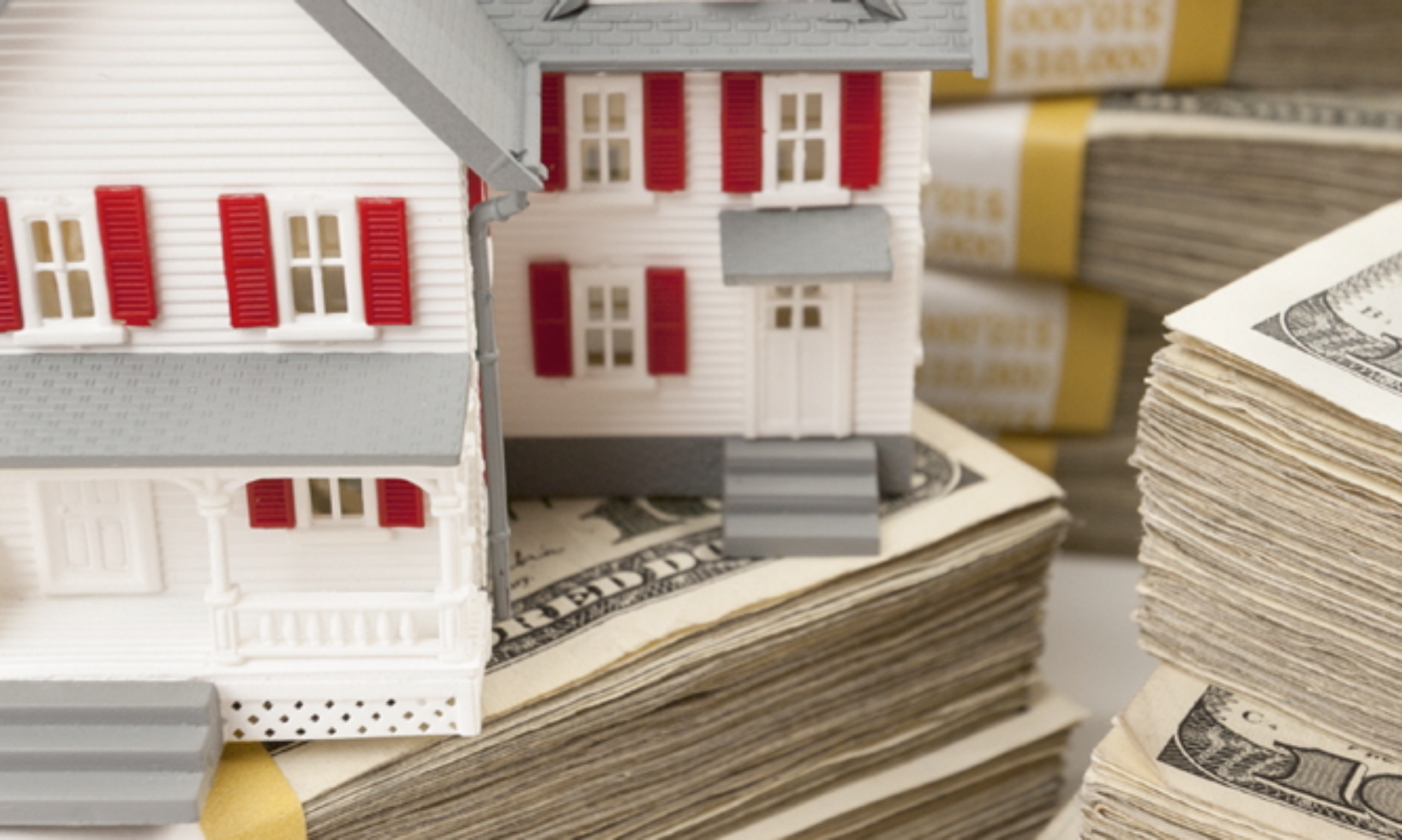Anyone who is involved in real estate investing for long will eventually ask him or herself a critical question:
Should I buy and hold or flip San Antonio investment properties?
Flipping houses has become very popular in the last decade, probably due to all the Flip That House type shows on TV. On the other hand is buy and hold investing, which is probably the oldest way to make money in real estate investing.
So which should you do? Well, it depends!
Overview of Flipping Houses
The basic definition of flipping a house is buying a property under market value (20-50% usually), improving it, and then reselling it for a profit. To gain maximum financial advantage, the goal is to sell the house as quickly as possible after the rehab.
A good house flipper in under market value houses will try to buy, rehab and resell the under market value property as quickly as he can. The reason is that holding a piece of real estate without any income coming in costs money. Some of ‘soft costs’ of holding a flip property include:
- Property taxes
- Utilities
- Hard money finance charges
- Any repair and maintenance
House flippers try to hold the property as little as possible. In the flips I have done in the last year, I held my San Antonio investment properties for about three months each.
Overview of Buy and Hold Investing with Out of State Investment Properties
This type of investing with below market value properties involves purchasing the under market value house, making some amount of improvements, and then keeping the house for rental or owner finance income. To pay for the monthly costs of holding the property in most cases, the house will be rented to a tenant. Typical holding costs for a buy and hold property are:
- Financing
- Taxes
- Utilities
- Property taxes
- Maintenance costs
It should be noted here that there are other forms of buy and hold investing, which is the type we usually do. That is, we buy and hold the property in cash, and owner finance the under market value house to a qualified buyer.
The advantage of this type of buy and hold investing with out of state investment properties is that there are no maintenance costs. Also, without a mortgage, this type of under market value investing is usually less risky, especially in a downturn.
Pros of Flipping
- Short term profits: You can, ideally, realize your profits in a few weeks or months. Your cash will not be tied up in an under market value property for very long, and you can move on to another deal.
- If you can flip a house in under six months and make at least 15% profit, you have done very well.
- Good ROI, if you know how to rehab an under market value property without overdoing it.
- No renters or landlord headaches.
Cons of Flipping
- Making money at it takes a lot of work. The reality shows make it look easy. Flipping a house and making money isn’t as easy as it looks.
- Unexpected costs: Anyone who rehabs under market value houses for a living will run into unexpected additional costs. This can be especially damaging when you are trying to make quick profits.
- Rehab problems: You might think it will take a week to do that roof, but it takes six weeks. That adds to your time line and when you will be able to make a profit.
- In an appreciating market, you may have trouble finding under market value houses that are truly flippable.
Pros of Buying and Holding
- Creating wealth: You can really build wealth over time with buy and hold investing, especially with owner financing rather than renting under market value property. Real estate also will generally increase in value over time, which can make you very well off.
- Steady cash flow: If you own several properties that each make $800 per month, this is a nice way to earn a living.
- No worry about selling short term: You can usually wait out the inevitable downturn in the market as you are enjoying the cash flow from the property. A flipper could end up in trouble if the market crashes in the middle of a project.
Cons of Buying and Holding
- Market changes: If you need cash fast, you could need to sell your under market value property but the market dipped so you lose money.
- Legal problems: Tenants can be a pain in the neck, which is why we mostly owner finance our houses. We only carry the note on our houses, so we have no tenant issues at all.
- Struggles with being a landlord: A buy and hold rental property can turn into a negative cash flow situation easily if you do not buy the property at the right price, and if there are expensive repairs. Vacancies are another big problem in bad markets. Again, that is the plus of investing with owner financing and buying cash – no mortgages and no tenants.
- Property management responsibilities for rentals
Overall, in our experience, we prefer buying and holding with owner finance over flipping. Flipping is great if we need to get more cash to buy and hold more houses, but it is not a long term wealth creation solution for us for Texas cash flow.
